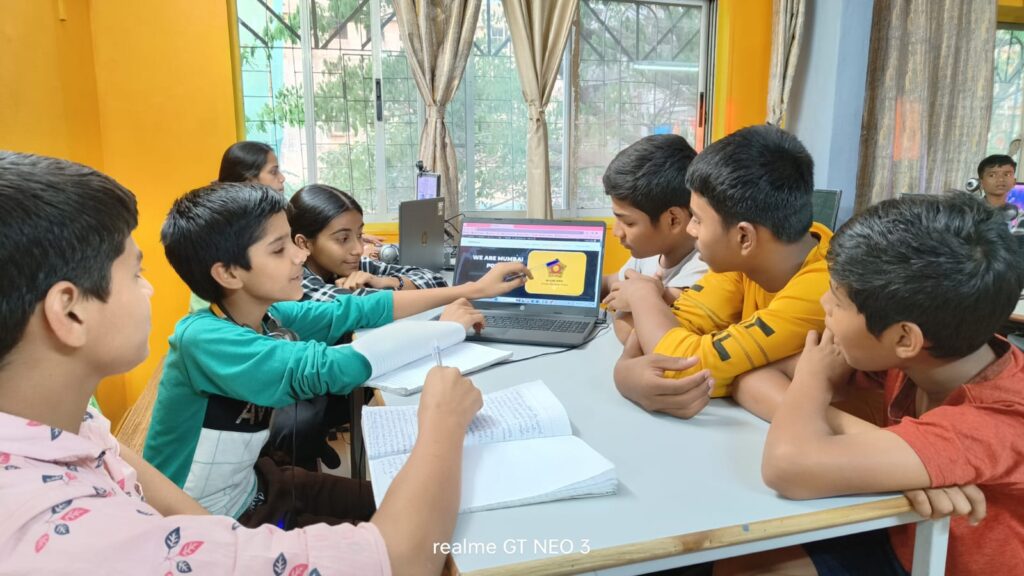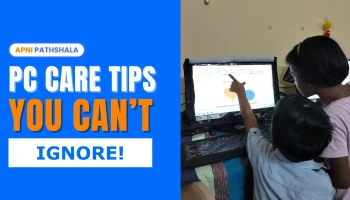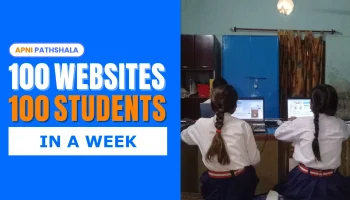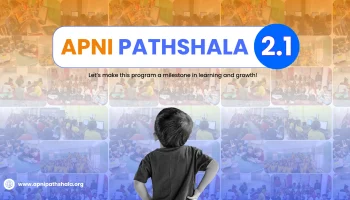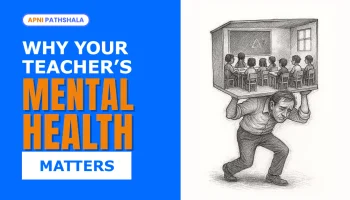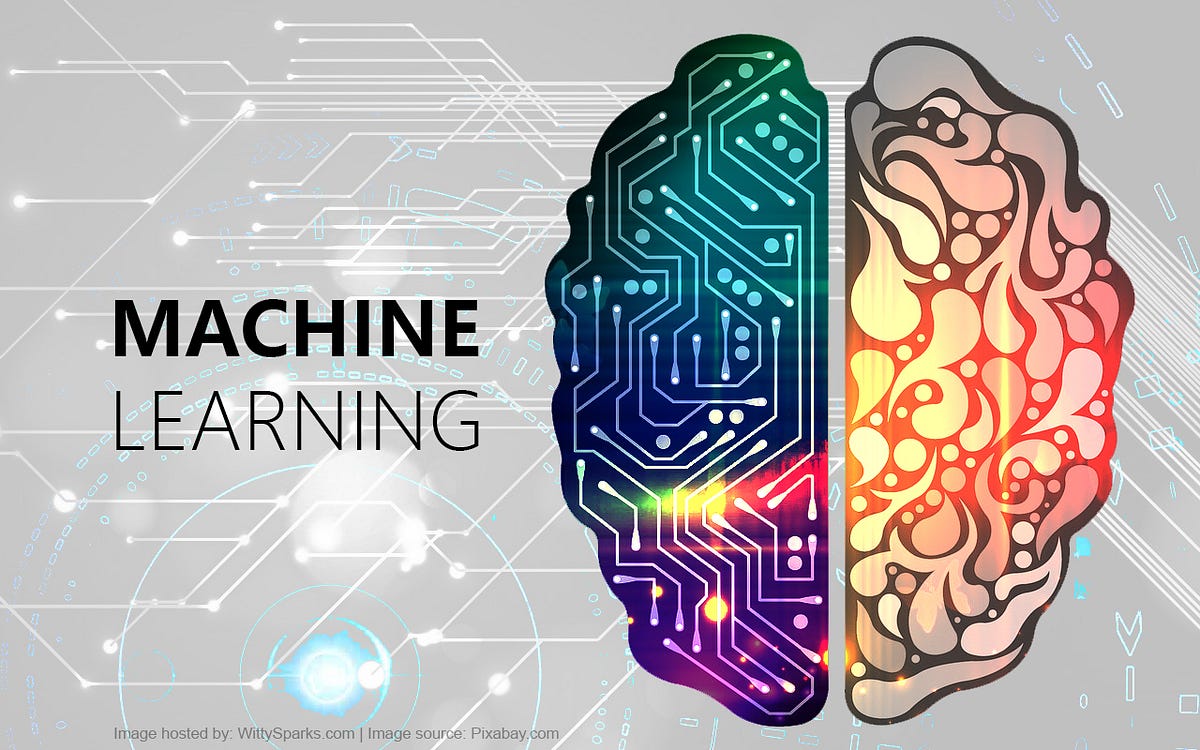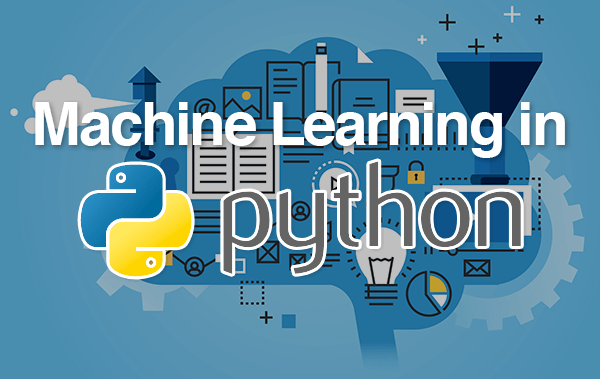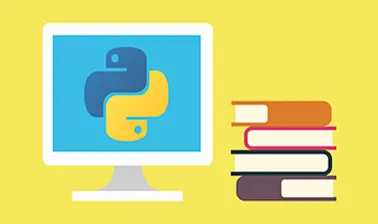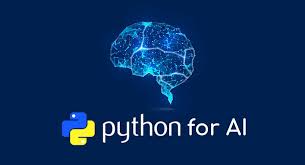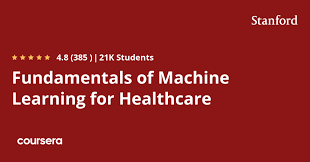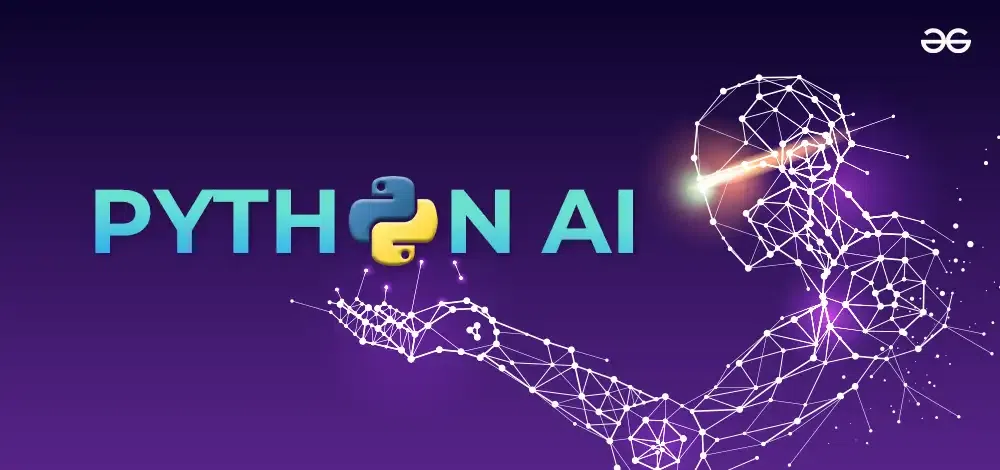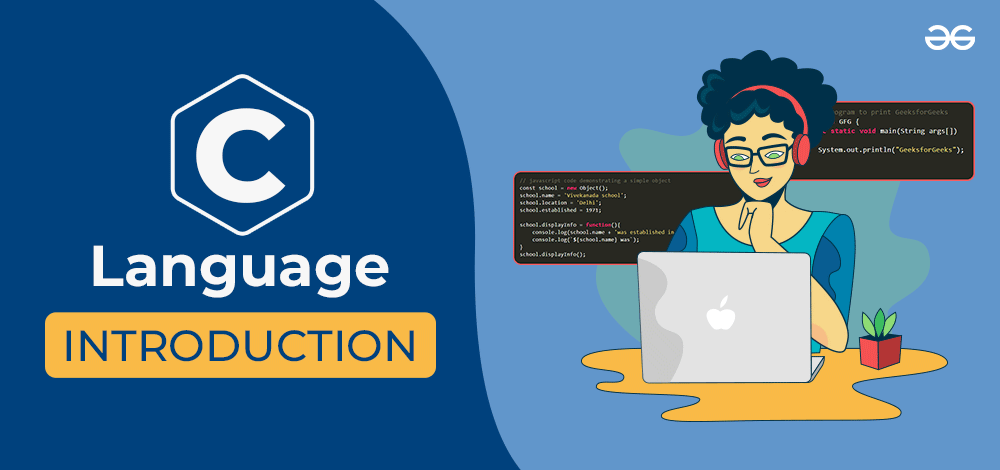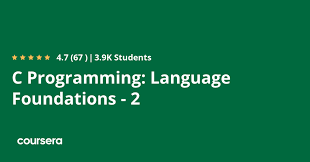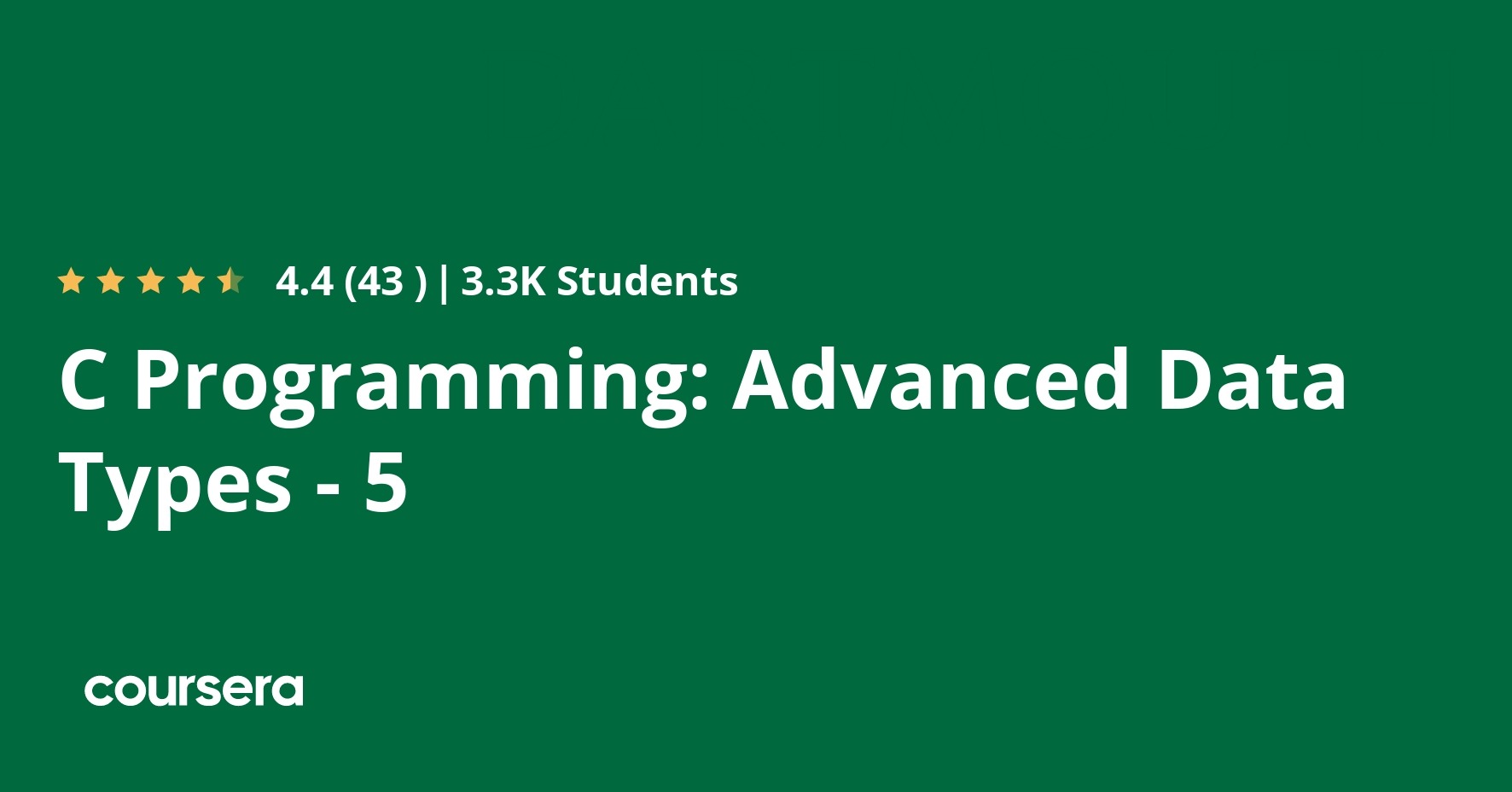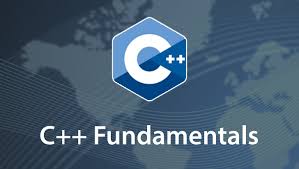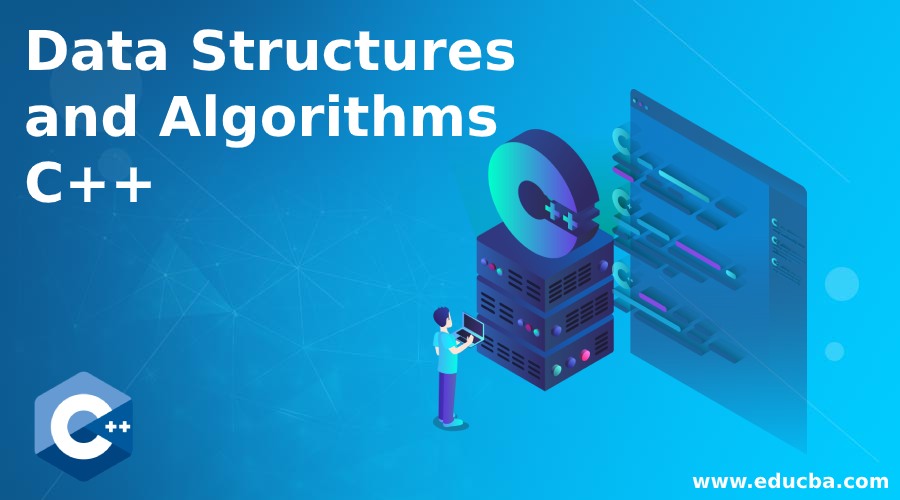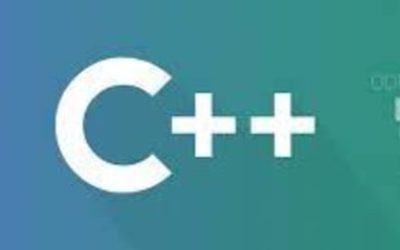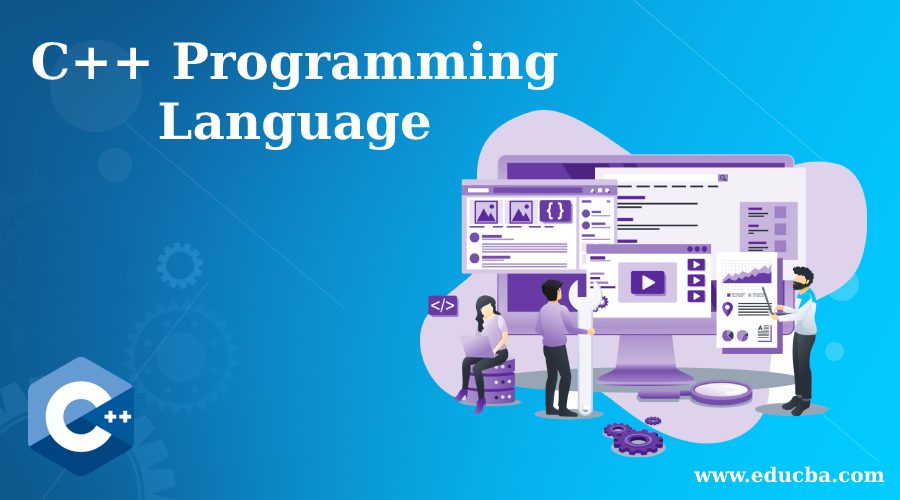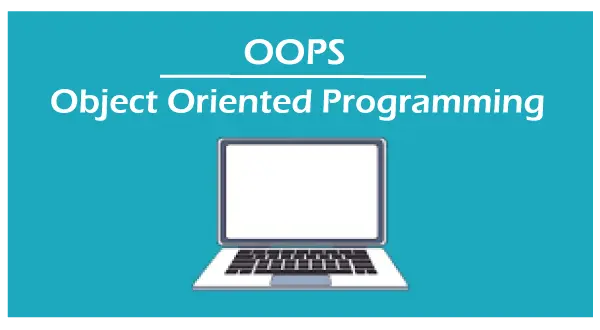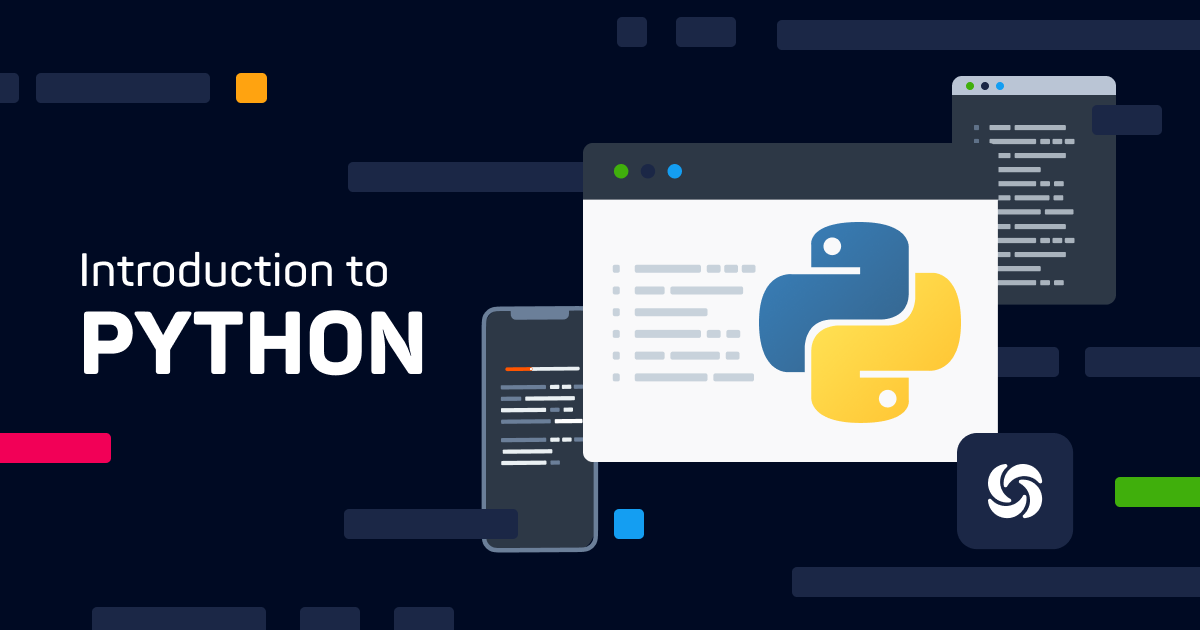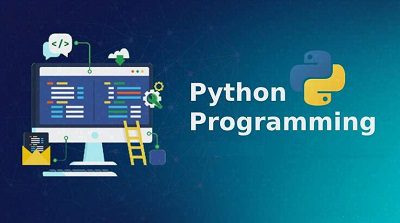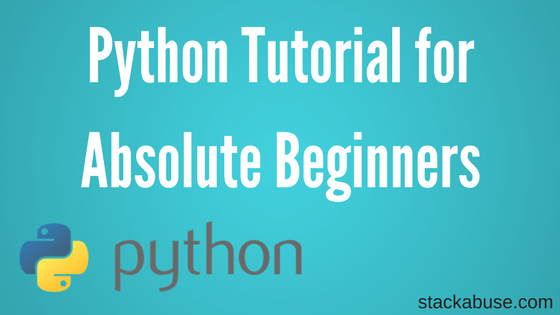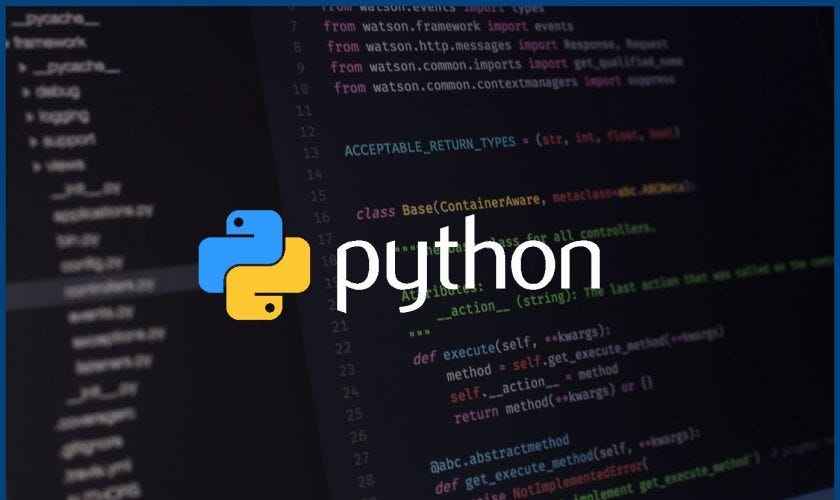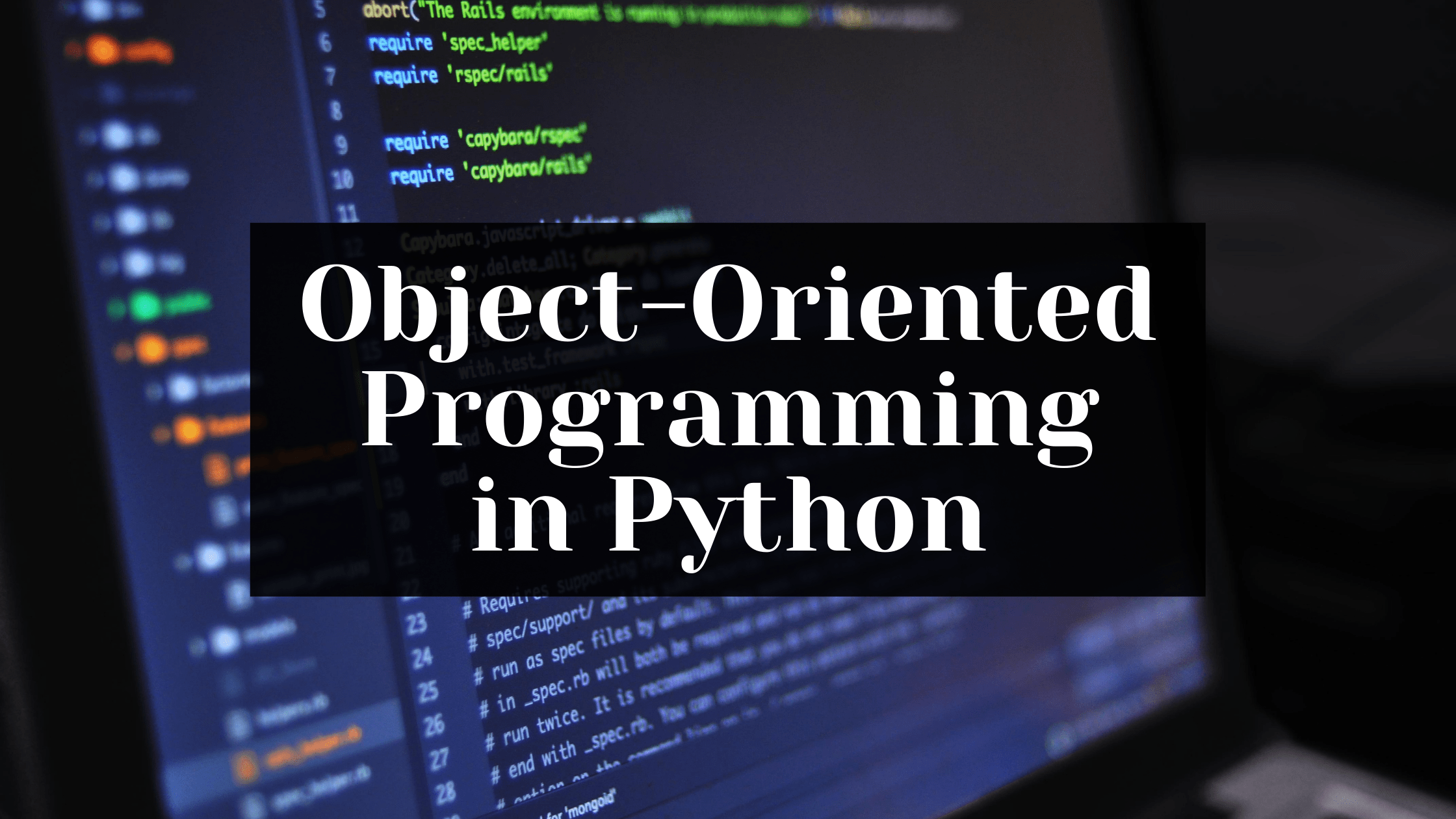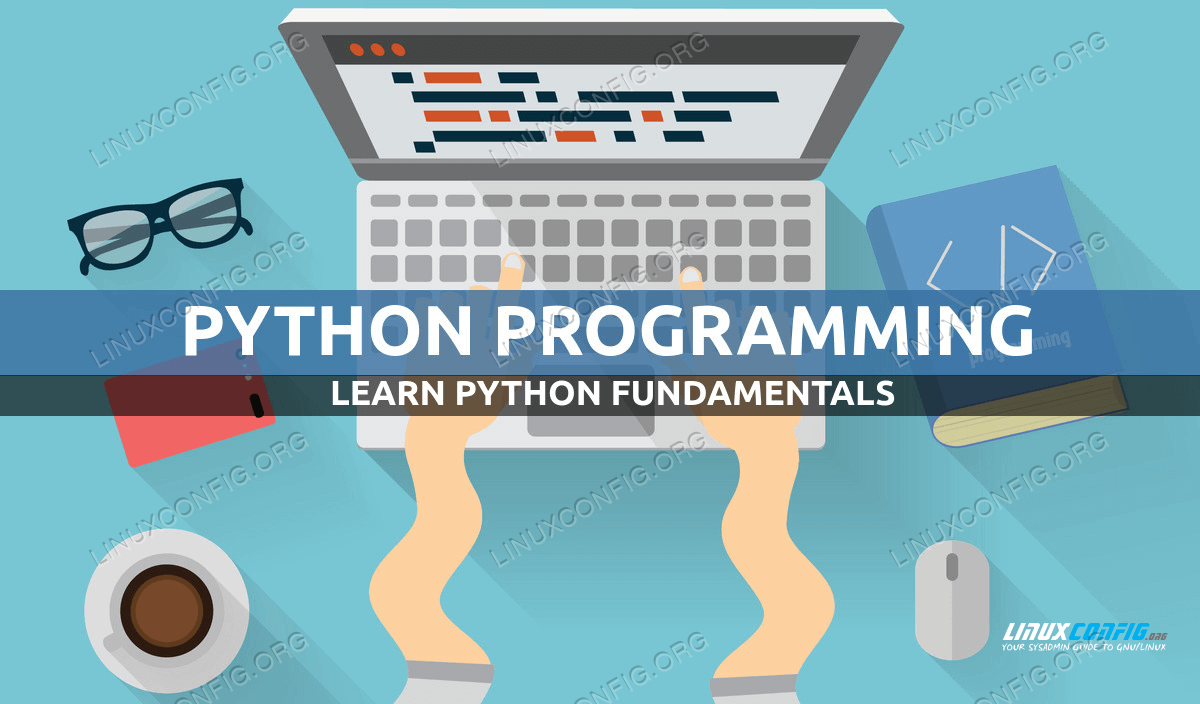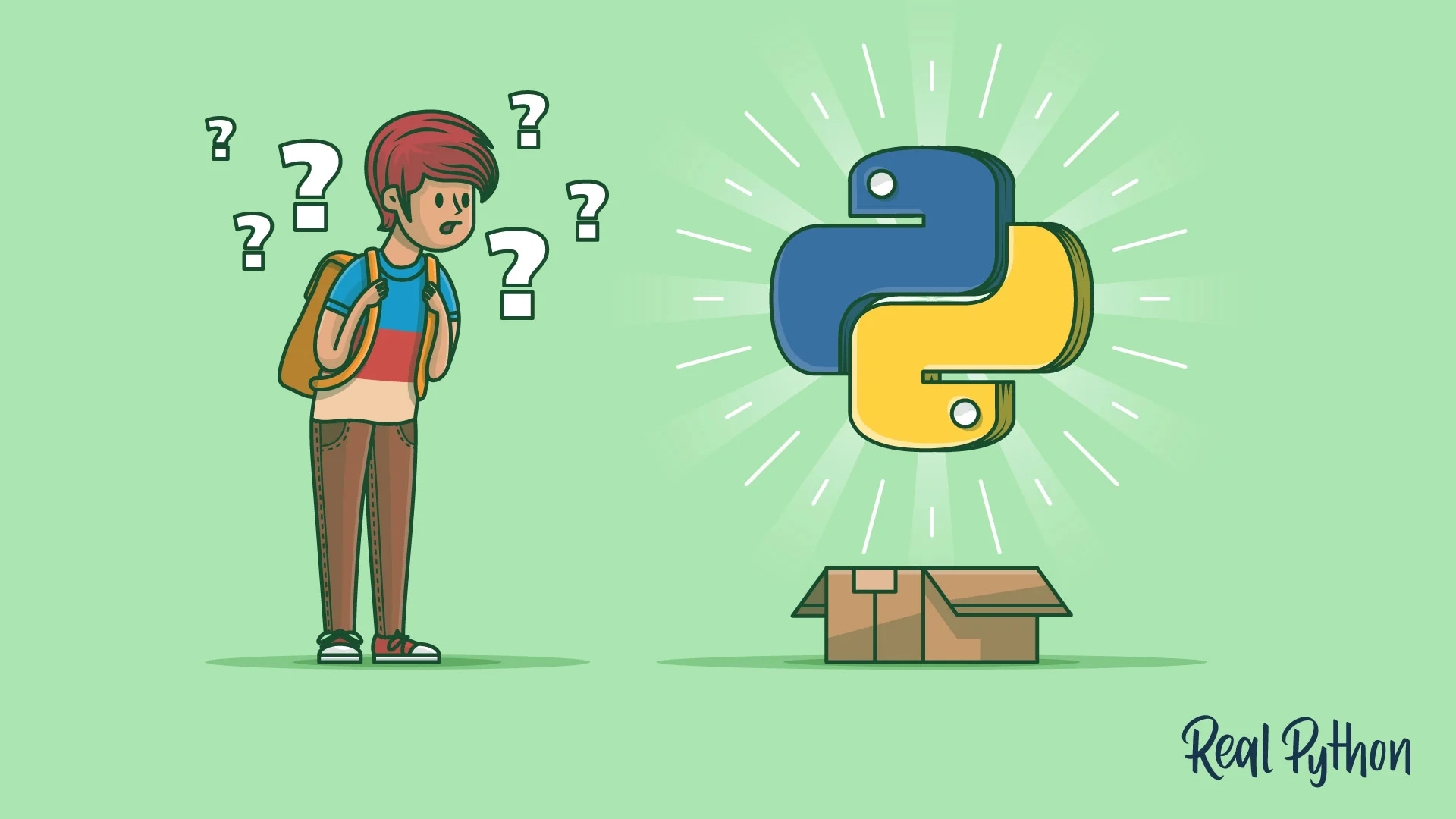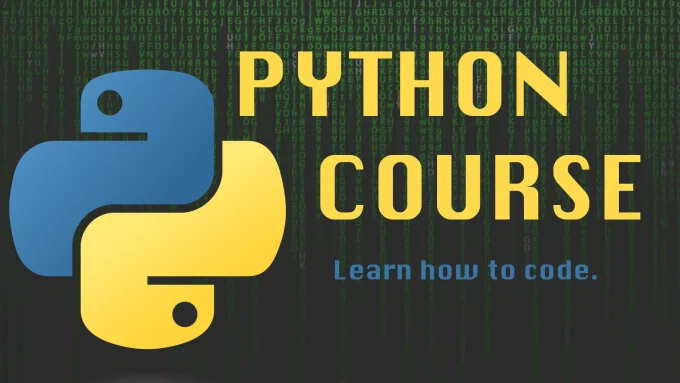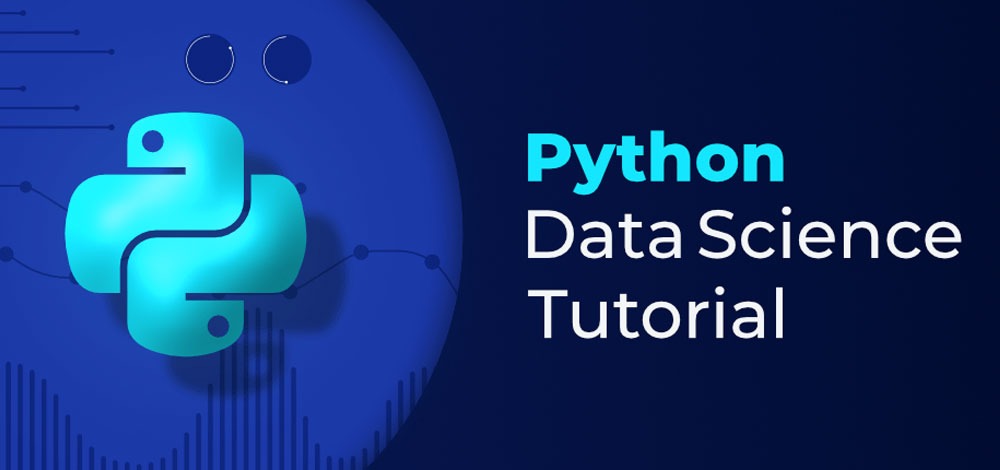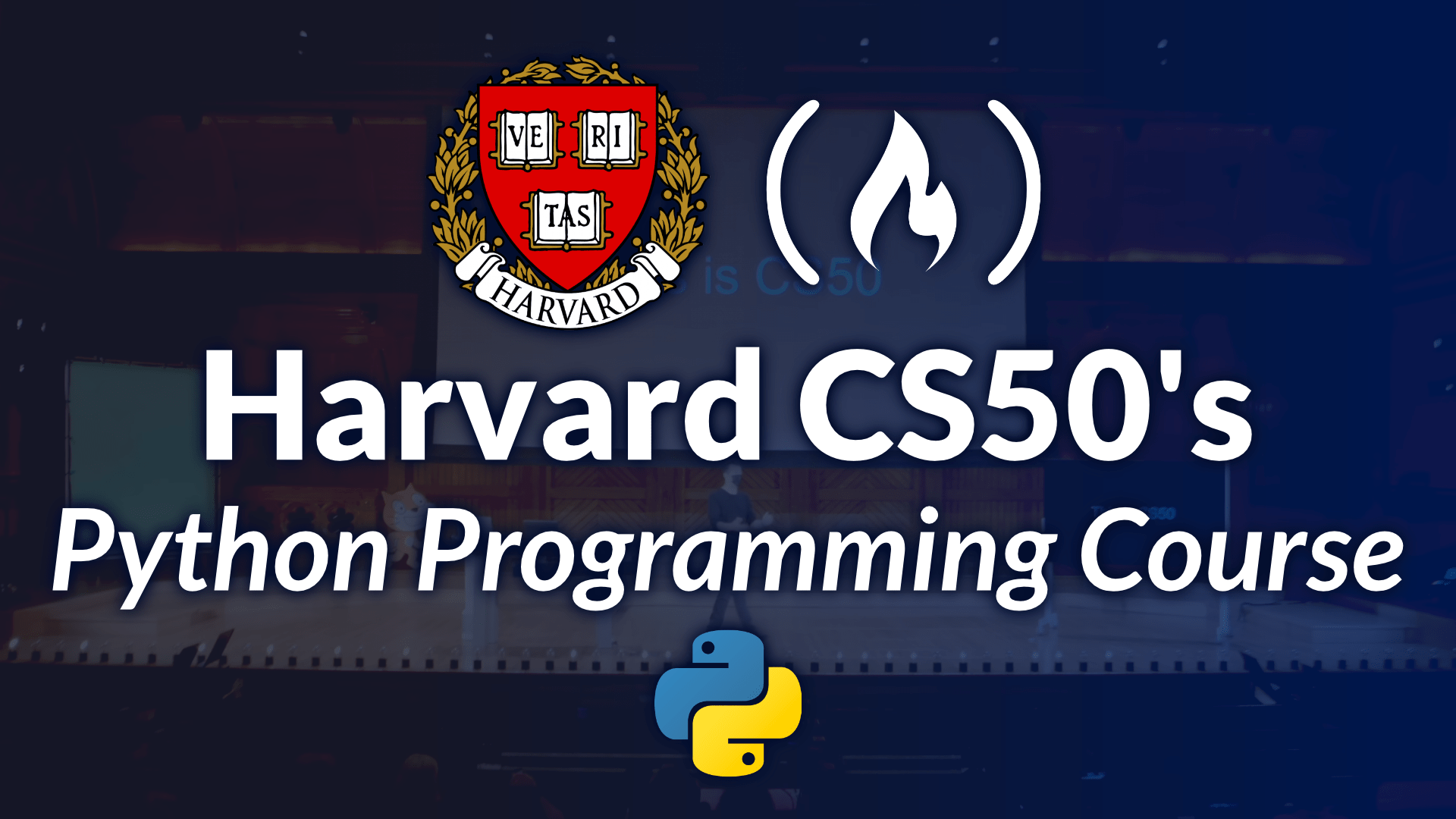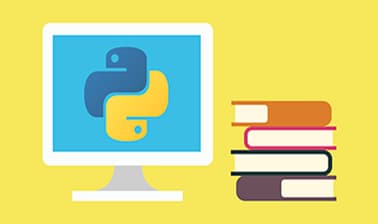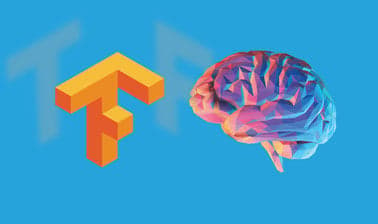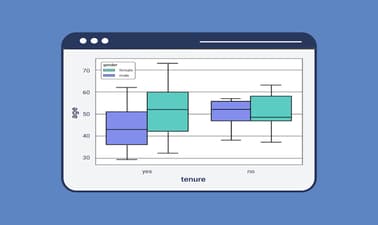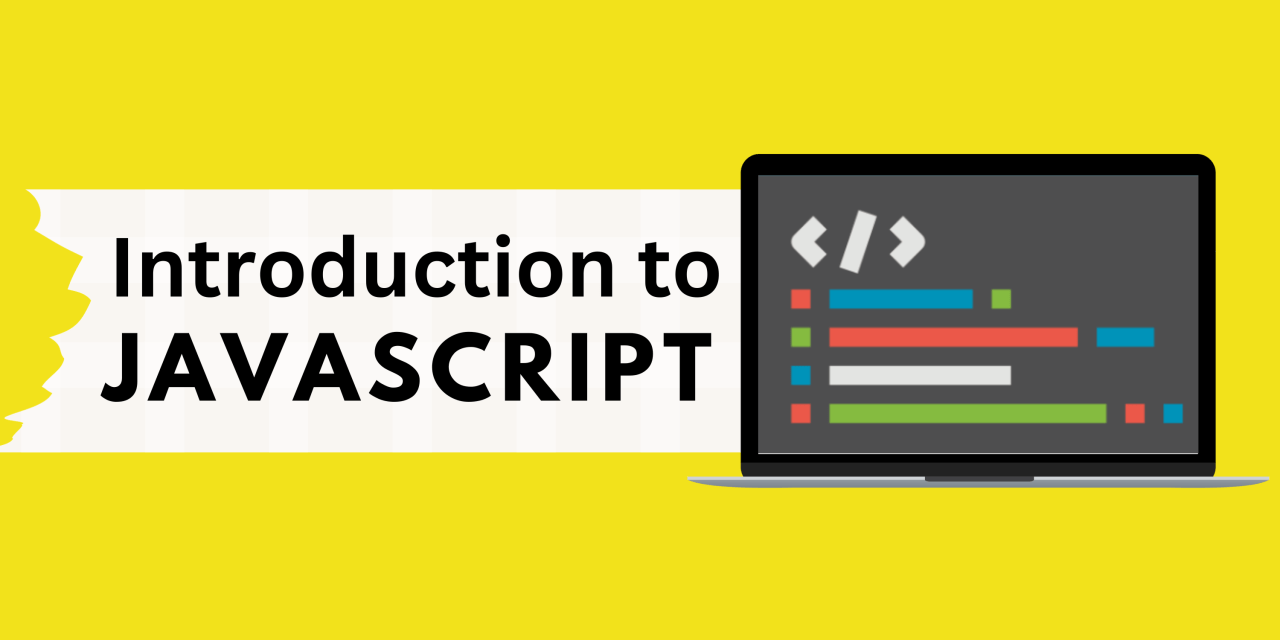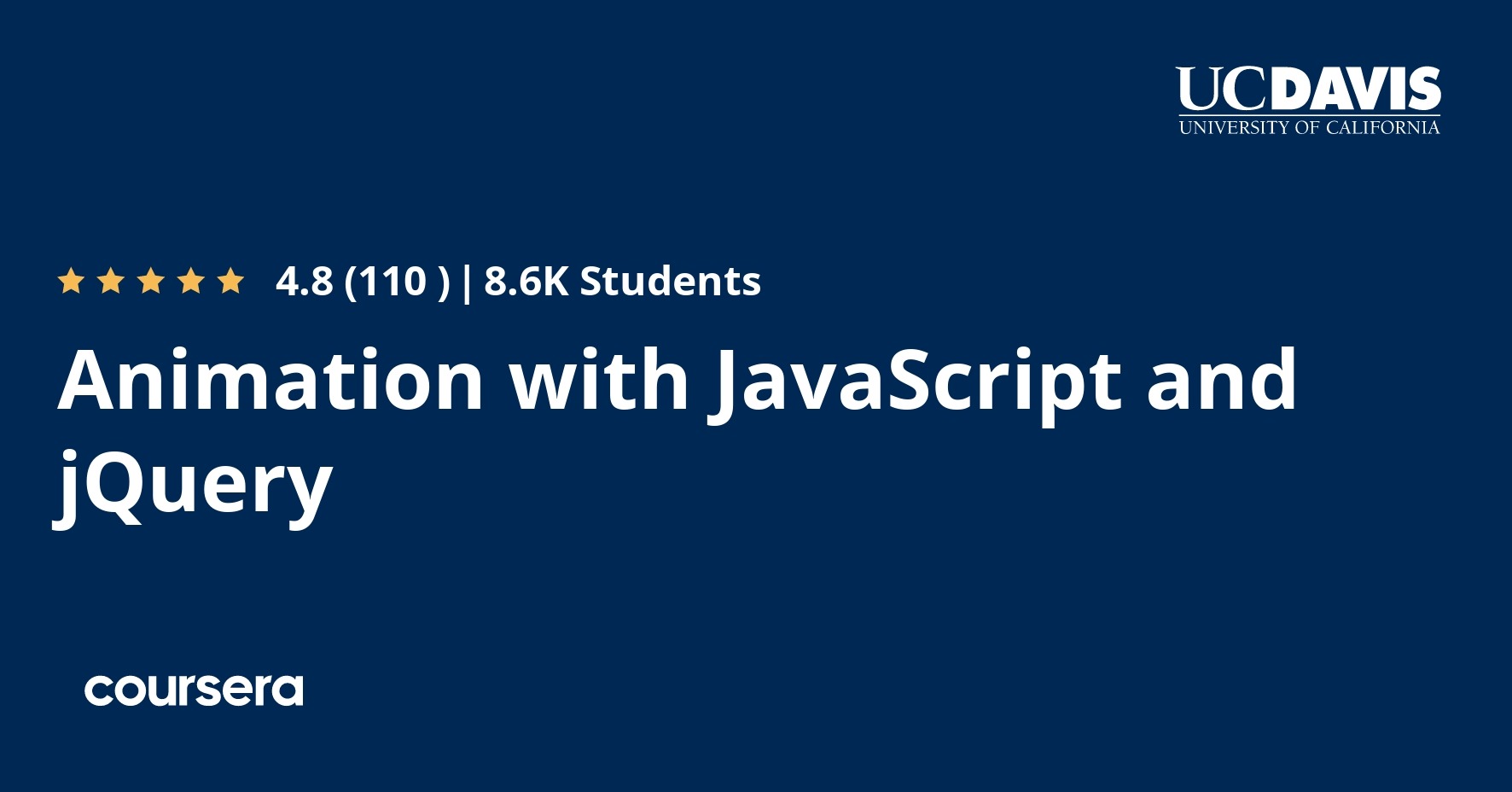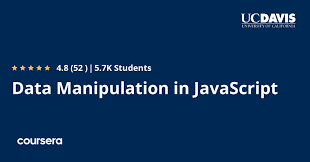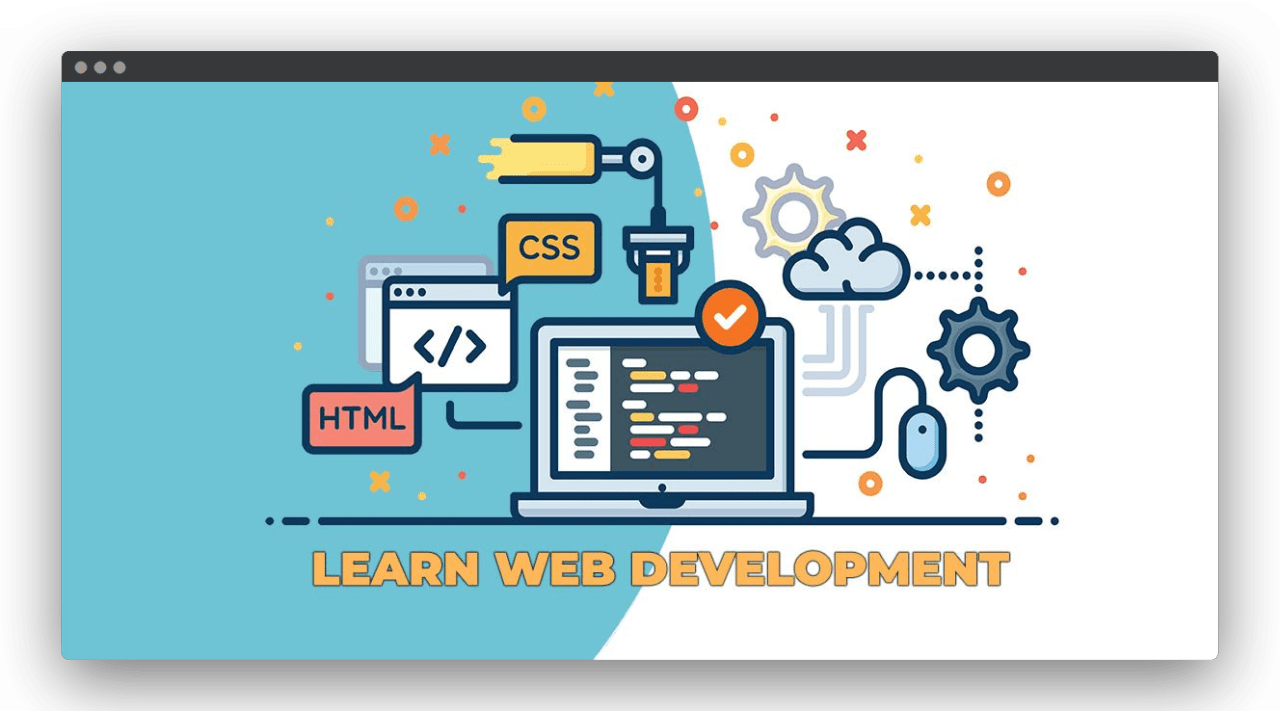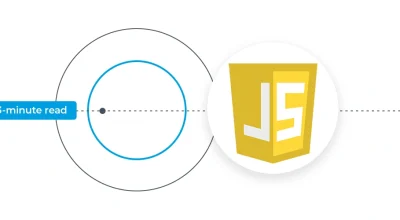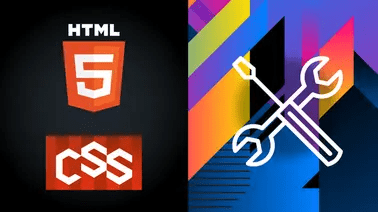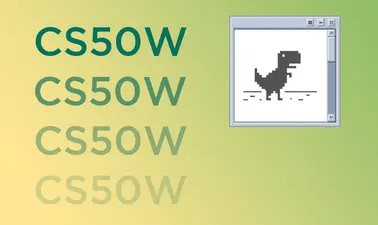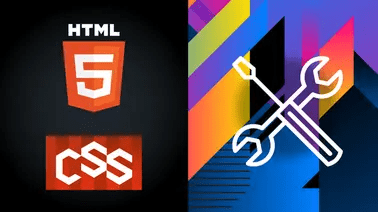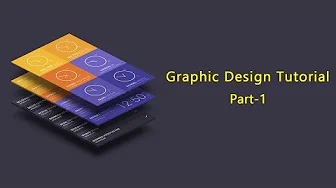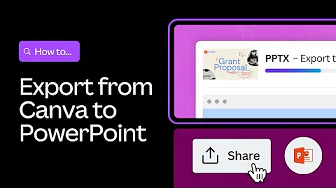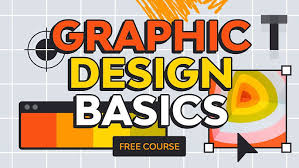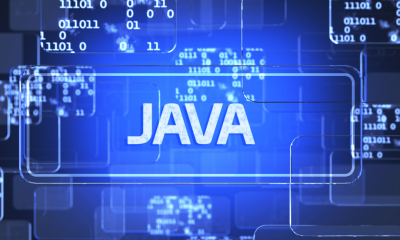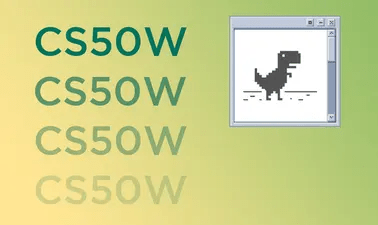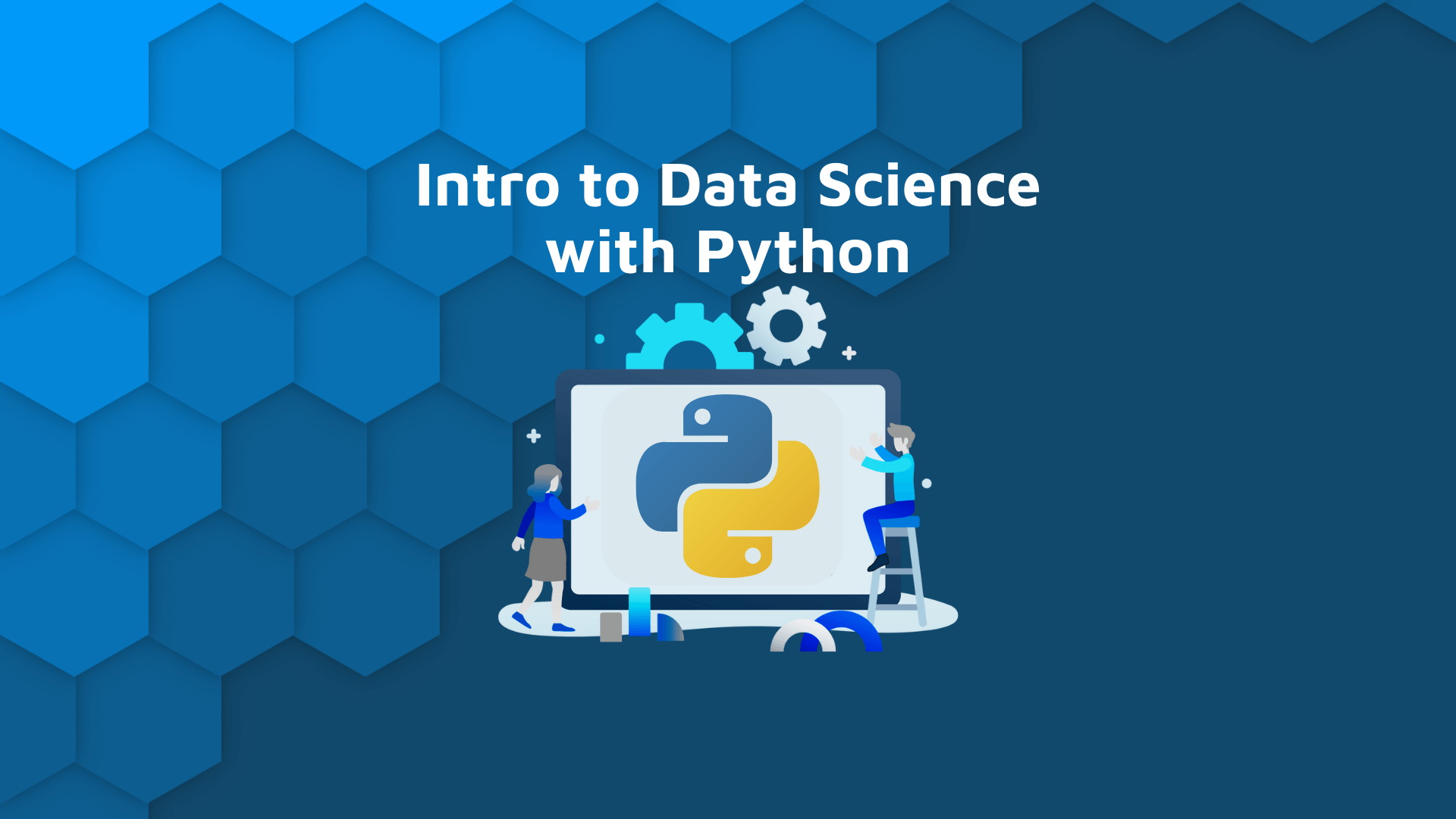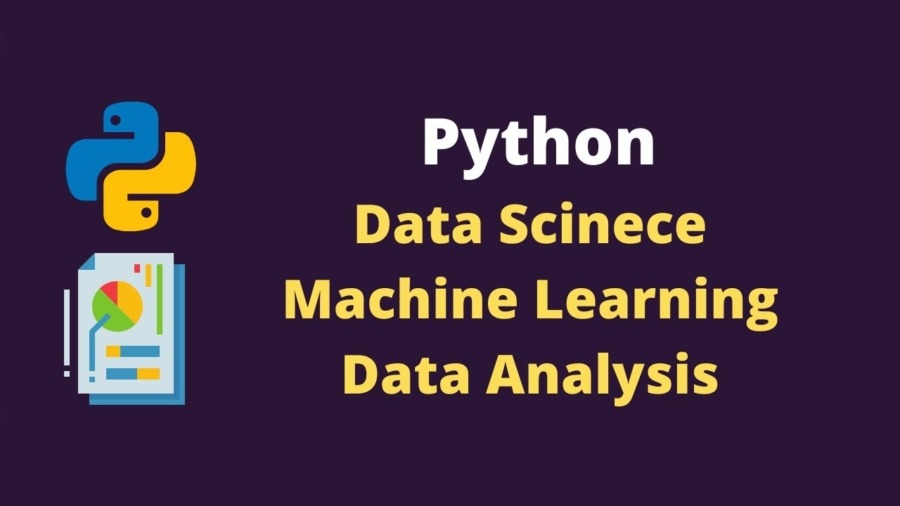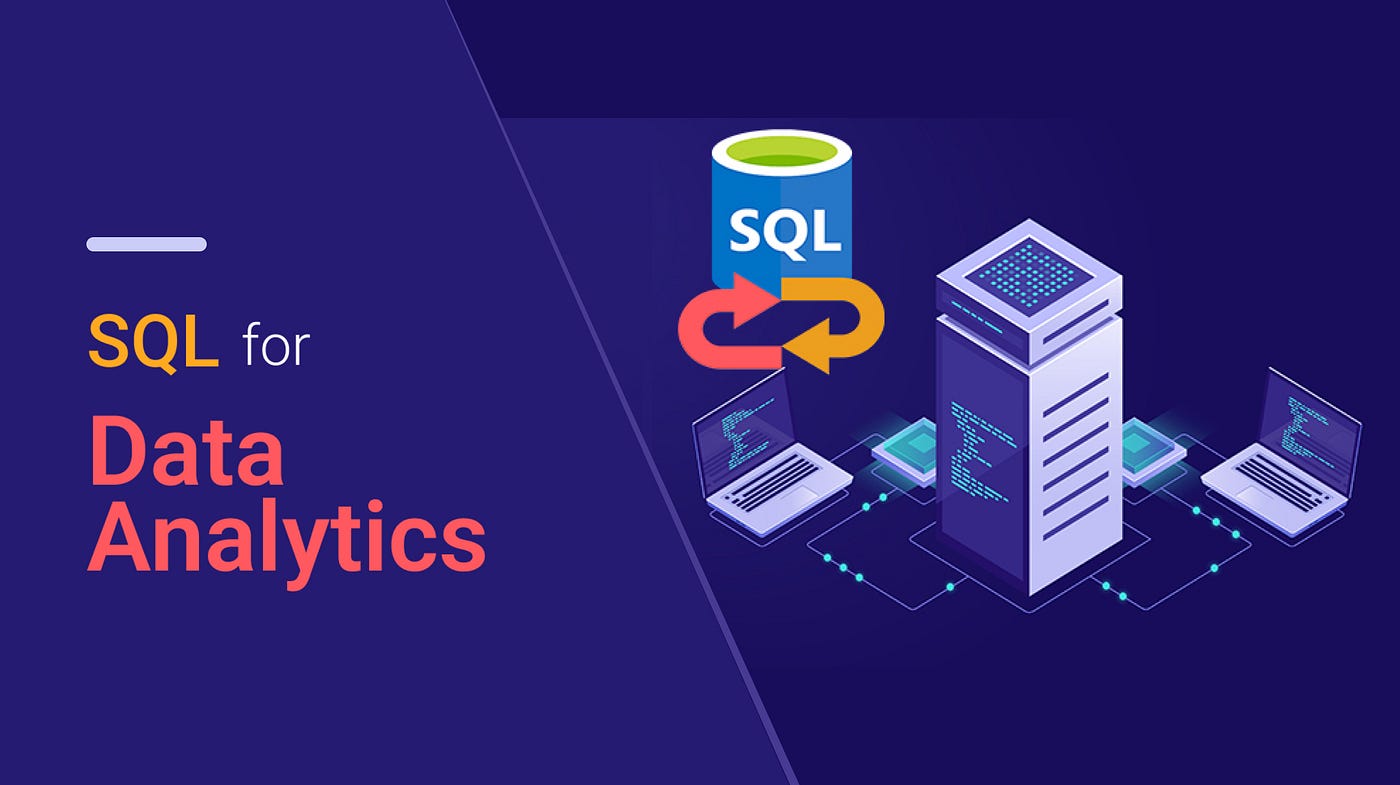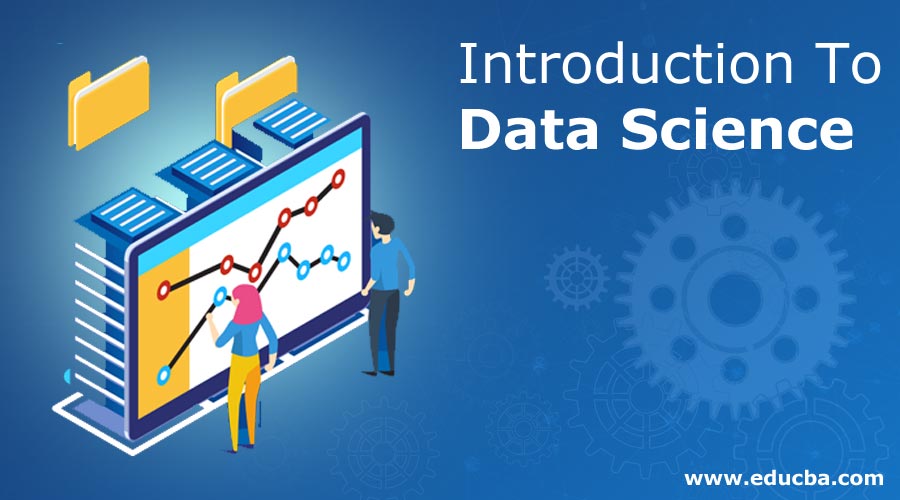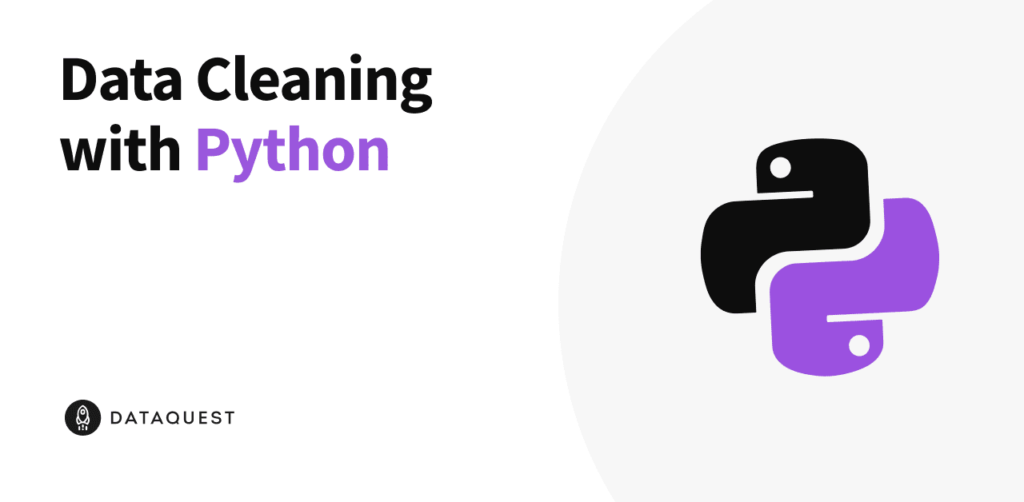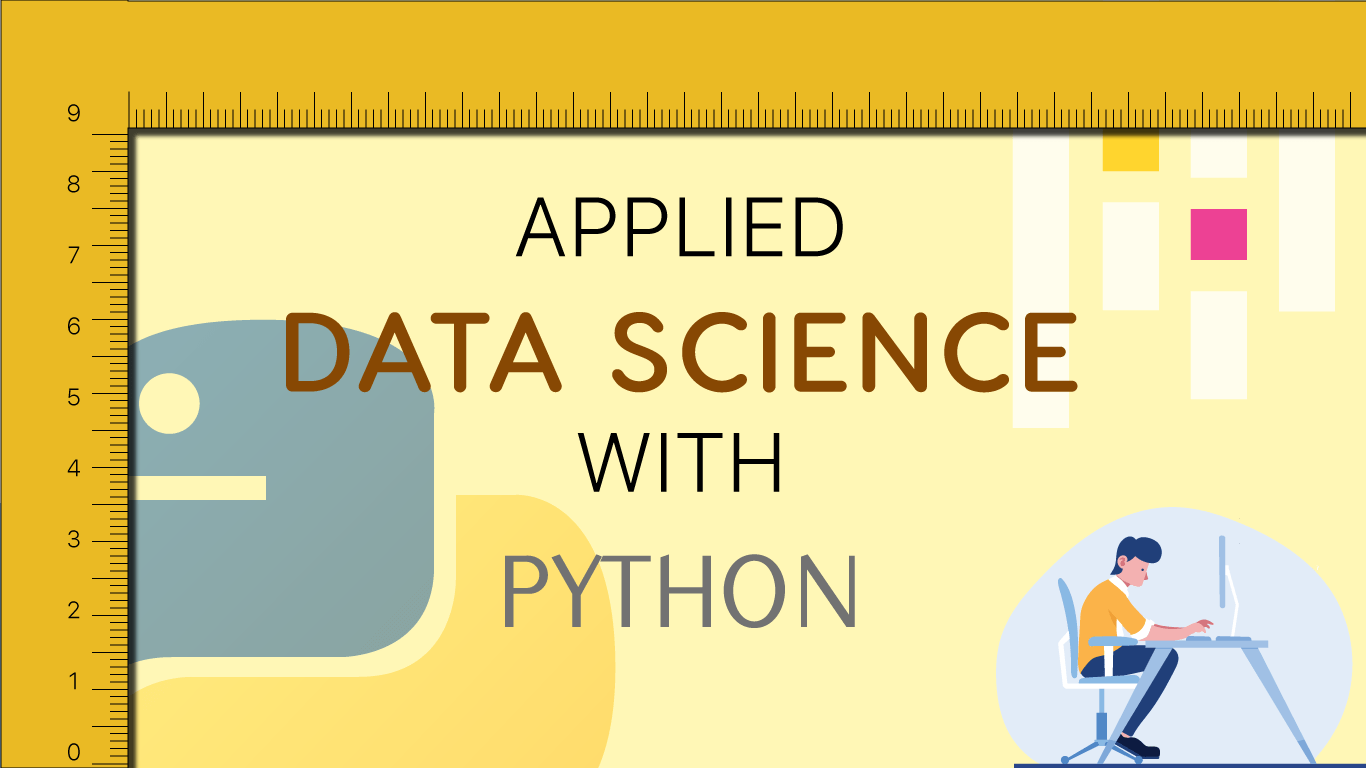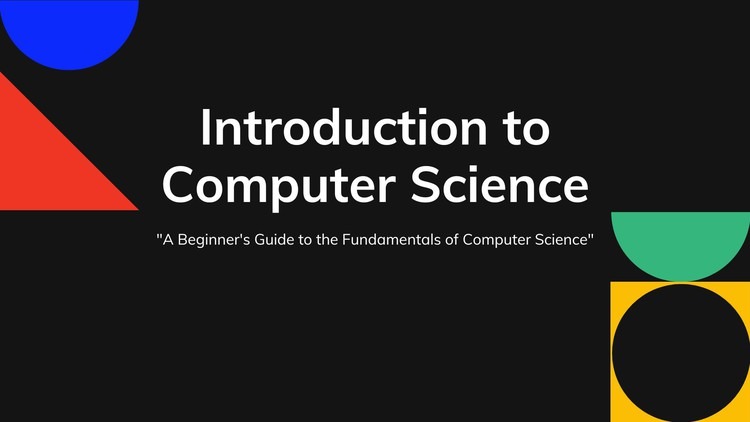In the realm of education, a potent yet often underutilized tool lies within the dynamic interactions among students themselves. This resource is known as peer learning, a collaborative approach where students work together in groups to deepen their understanding of a subject or concept. Peer learning not only fosters academic growth but also cultivates essential social and communication skills, promoting a holistic educational experience. Let’s explore the profound impact of peer learning and how it can revolutionize education for the better.
Peer learning operates on the fundamental principle that students learn best from each other. It represents a departure from traditional teacher-centered instruction, where knowledge flows unilaterally from teacher to student. Instead, peer learning champions active engagement and participation from all students involved. Through group discussions, interactive activities, and collaborative projects, students have the opportunity to share perspectives, clarify concepts, and solidify their grasp of the material.
One of the primary advantages of peer learning lies in its ability to accommodate diverse learning styles and preferences. In a classroom setting, students come from varied backgrounds, possess unique experiences, and exhibit different ways of processing information. Peer learning fosters an inclusive environment where students can draw upon each other’s strengths and provide support in areas of weakness. For instance, a student proficient in mathematics may offer guidance to a peer struggling with algebra, while the latter may excel in writing and provide assistance with an English assignment.
Furthermore, peer learning nurtures critical thinking and problem-solving skills. By engaging in collaborative activities and discussions, students are challenged to think analytically, evaluate information critically, and devise innovative solutions to complex problems. Through peer feedback and constructive critique, students learn to assess their own work objectively and identify areas for improvement. This encourages a culture of continuous learning and self-improvement among peers.
Another significant benefit of peer learning is its positive impact on social and emotional development. Collaborative work in groups enables students to develop essential interpersonal skills such as communication, empathy, and conflict resolution. They learn to listen actively, respect diverse viewpoints, and collaborate harmoniously towards common objectives. This not only enhances academic performance but also equips students with valuable skills for success in the workplace and broader society.
What is peer learning, and how does it differ from traditional teaching methods?
Educators can integrate peer learning into their classrooms by designing collaborative activities, group projects, and discussions that encourage student interaction and participation. Providing guidance and support to facilitate productive peer interactions is essential to ensure that learning objectives are met.
Peer learning is supported by a robust body of research that underscores its efficacy in enhancing educational outcomes. Studies have demonstrated the positive impact of peer learning on academic achievement, student engagement, and social development. For instance, research by Johnson and Johnson (2009) highlights the success of cooperative learning strategies rooted in social interdependence theory. Similarly, Topping (2005) identifies trends in peer learning that emphasize its role in promoting active engagement and knowledge construction among students.
Peer learning is not just a pedagogical approach; it’s a philosophy that values the contributions of every student in the learning process. By leveraging the diversity of experiences and perspectives within a classroom, peer learning creates a dynamic learning environment where students become active participants in their own education.
Furthermore, peer learning cultivates a sense of community and collaboration among students. Through collaborative projects and group activities, students learn to work together towards common goals, fostering a supportive learning community where everyone has a role to play. This sense of belonging and camaraderie enhances student motivation and engagement, leading to improved learning outcomes.
Moreover, peer learning promotes a deeper level of understanding and retention of material. When students teach and explain concepts to their peers, they reinforce their own understanding of the material and gain new insights through discussion and feedback. This process of peer teaching not only benefits the student delivering the explanation but also enhances the learning experience for the entire group.
Frequently
Asked Questions
What is peer learning, and how does it differ from traditional teaching methods?
Peer learning is a collaborative approach where students work together in groups to deepen their understanding of a subject or concept. Unlike traditional teaching methods, which are often teacher-centered, peer learning encourages active participation and engagement among all students involved.
What are the benefits of peer learning for students?
Peer learning offers numerous advantages, including enhanced academic understanding, development of critical thinking and problem-solving skills, improved communication, and preparation for real-world collaboration.
In conclusion,
peer learning holds immense potential to transform education by harnessing the collective intelligence and collaborative spirit of students. By fostering an environment where students learn from and support each other, educators can create enriching learning experiences that empower students to thrive academically, socially, and emotionally. As we continue to explore innovative approaches to education, let us recognize the power of peer learning in shaping the future of learning and development.
References:
Johnson, D. W., & Johnson, R. T. (2009). An educational psychology success story: Social interdependence theory and cooperative learning. Educational Researcher, 38(5), 365-379.
Topping, K. J. (2005). Trends in peer learning. Educational Psychology, 25(6), 631-645.
Slavin, R. E. (2014). Cooperative learning and academic achievement: Why does groupwork work? Anales de Psicología/Annals of Psychology, 30(3), 785-791.
Prince, M. (2004). Does active learning work? A review of the research. Journal of Engineering Education, 93(3), 223-231.
Hattie, J., & Timperley, H. (2007). The power of feedback. Review of Educational Research, 77(1), 81-112.
Created by -Pranav Gorathe



